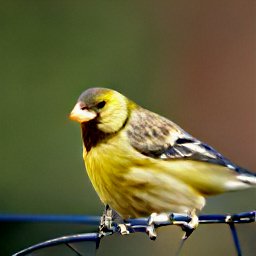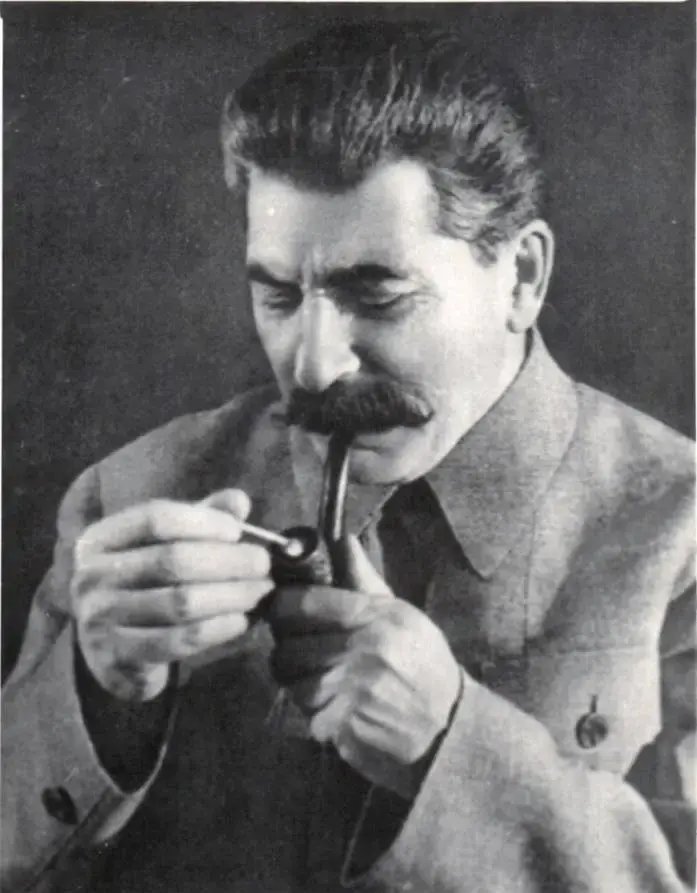It is a great language with a great history. I’ve been trying to learn for a while but struggle keeping at things on my own: I was reading the Le Monde Diplomatique Esperanto edition for a while but following it was murderously hard. I’m going to try my hand at listening to and reading the things you mentioned though.
Worth noting for those reading who don’t know the history of Esperanto is that it was strongly associated with the peace movement - think “no war between peoples, no peace between classes”. It is almost worth thinking of it as a language suited to international proletarian politics.
OP, did you ever do any summer schools or such? I’ve seen some in Europe but am not brave enough to stick to the “Esperanto only” rule so haven’t been. Also, where are you from?
deleted by creator
deleted by creator
I dabbled in it for a time on Duolingo a long time ago, but I’ve since forgotten most of it, and I don’t like how gamified that app is now. Having a degree of fluency in Spanish made the learning curve very tolerable.
I was interested in it a while back, and it seems like a very easy-to-learn language (the words are very similar to various European languages, which can be good or bad depending on what languages you know). Simple conjugation, almost no gendered nouns, etc. I just stopped learning because there wasn’t any practical use for it.
I’ve been learning Esperanto for around two years now, and read/write fairly well but definitely need to practice my listening. It’s really nice to see some more comrades interested in Esperanto, as it’s often a very Liberal space. There was a lot of anti-China rhetoric coming out of some of the r/esperanto and r/memeoj subreddits at times, back when I used reddit, and the few times I commented I was downvoted a fair bit for voicing a pro-China, pro-Communist stance. It also seems like IKEK isn’t particularly active, and lately I’ve not even been able to load the website.
I think the criticisms of the language itself are indeed valid, what with it being Eurocentric, but its goals of (relative) neutrality should be lauded and it says something that China has supported Esperanto to some extent; I’ve also heard it argued that Esperanto is easier for non-Europeans to learn than other, natural, European languages because of its simplicity in comparison. It’s certainly made me a lot more confident in going out and learning other languages, and has been the first language-learning effort I’ve made where I’ve stuck at it enough to see serious progress. I can write fairly complexly, although word-building from roots doesn’t come fluidly to me.
All in all, I’m a fan of Esperanto and it’s become part of my daily life, although I’ve been a bit of a hermit and mostly been chewing through literature and writing prose in the language rather than conversing.
deleted by creator
Esperanto has the obvious limitation that it’s centered around the European languages, and thus there are some other international auxiliary languages created in more recent years that are more adapted to the whole of the planet (a prime example being Lidepla). If the world will implement some sort of IAL in the future, I think something new would be created from scratch with years of back and forth.
deleted by creator
Dankon kamarado. Mi volis lerni pri la interrelato de Esperanto kaj Komunismo. Mi aŭdis dum mia juneco ke Sovetunio forpelis iliajn Esperantistojn dum Stalin. Sed mi ne scias pri tiu.
deleted by creator
I’m trying to create a conlang myself for the EU, because I don’t like the EU/US culture osmosis.
The US is a vestige of English colonialism dominating European thought and thus colonialism never left the EU and the only way to break with it and go into a direction of self-improvement, would be to take lessons of China and break away from US meddling.I also dabbled in it on Duolingo, but I started to dislike a few aspects about it for an EU language, mainly that it’s ideology is geared towards internationalism
(I consider internationalism as putting all eggs in one basket, with current internationalists being almost all pro-US)
and secondly because the language looks a lot like Spanish (not my favorite European language to listen to).Esperanto says its international, but all the core languages it uses are European. So it is already a “conlang for the EU”.
As an “international” auxlang it’s absolutely terribly. There’s been many better done attempts:
- Toki Pona: Probably the least problematic and least likely to displace native languages. It’s explicitly a simple language and an “auxiliary lang” in the true sense of the word. Also one of the few that use a vowel system that’s actually accessible to almost all languages of the world and a really great phonetic alphabet with constants and vowels that make sense for languages worldwide and not just European languages.
- Ido: Tried to fix some of the many flaws of Esperanto, but still has random sexist grammar like the word for woman being derived from the word for man or the word for female parent being derived from the word for male parent
- Pandunia: Don’t know as much about it, but seems to actually derive root words form a wider array of natlangs.
- Lingwa de Planeta: Derived form the most widely used natlangs in the world. The biggest critique of this is just that it misses entire language families that are extremely widespread together but there’s no single individual language that’s widespread. As a result there’s no language from either Americas that influences. However this critique holds for all of the above languages (except for Toki Pona) as well. Overall this is probably my favorite. It was developed by a group of linguists in St. Petersberg in the 2000s and is very well thought-out.
- Novial: If Ido is Esperanto 2, this is Esperanto 3. One of the co-creators of Ido invented this. I haven’t really dug into it but it kinda died with its creator despite having a decent following.
Edit: See also Lingua, Glosa, Kotava, Volapük, Vollanjo, and Paqatyl
the language looks a lot like Spanish (not my favorite European language to listen to)
(i’m a native spanish speaker)
:( /s
Be honest, you don’t like Spaniards either







